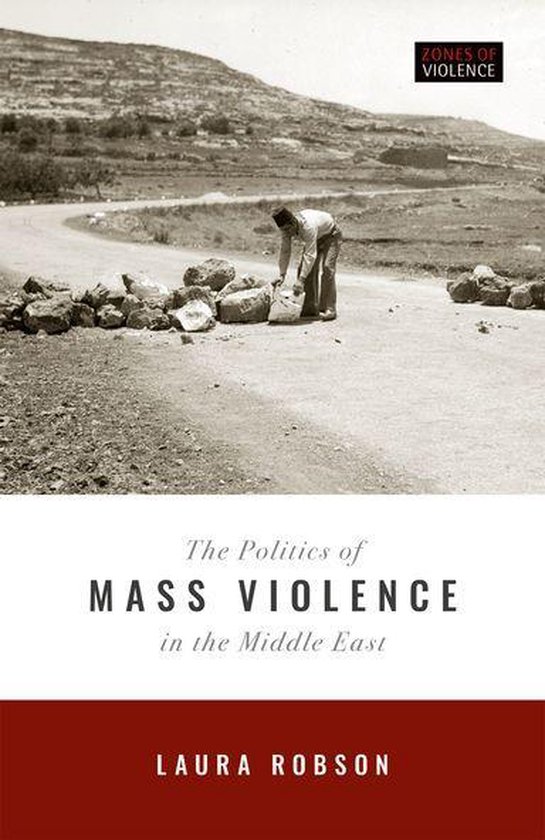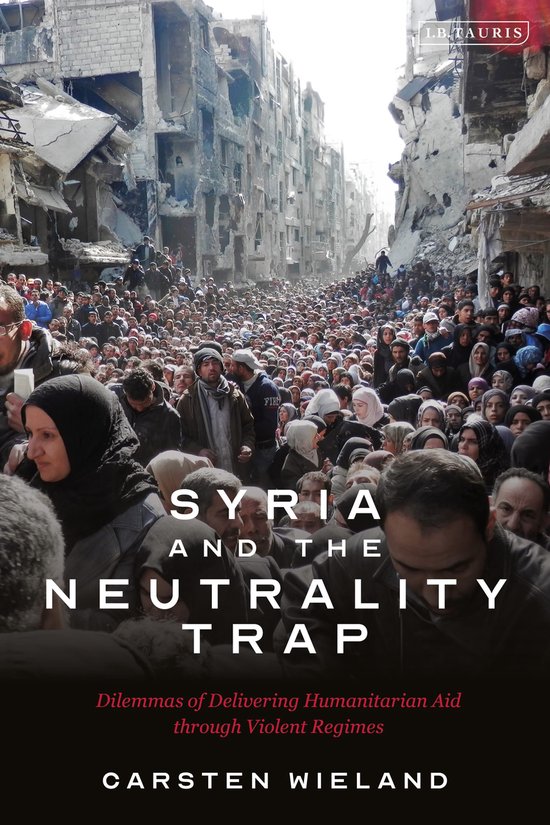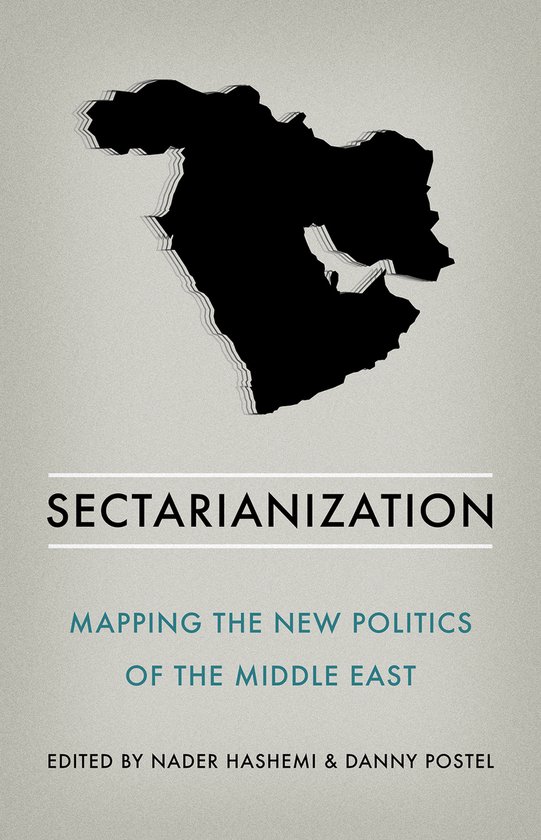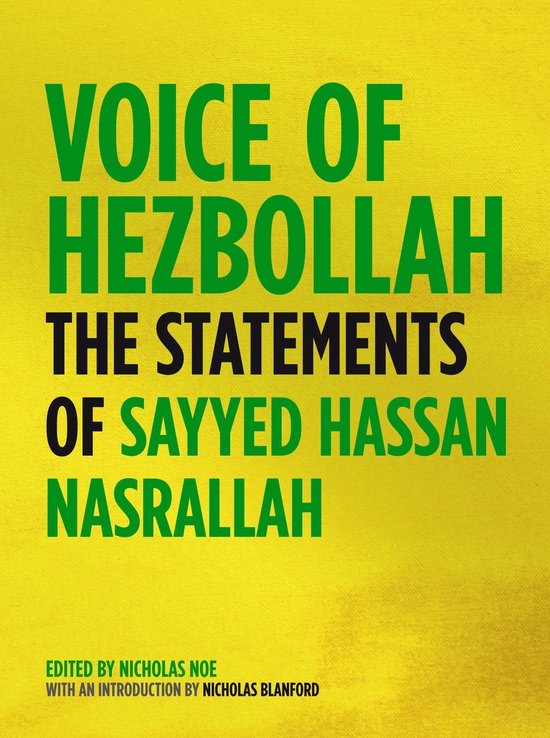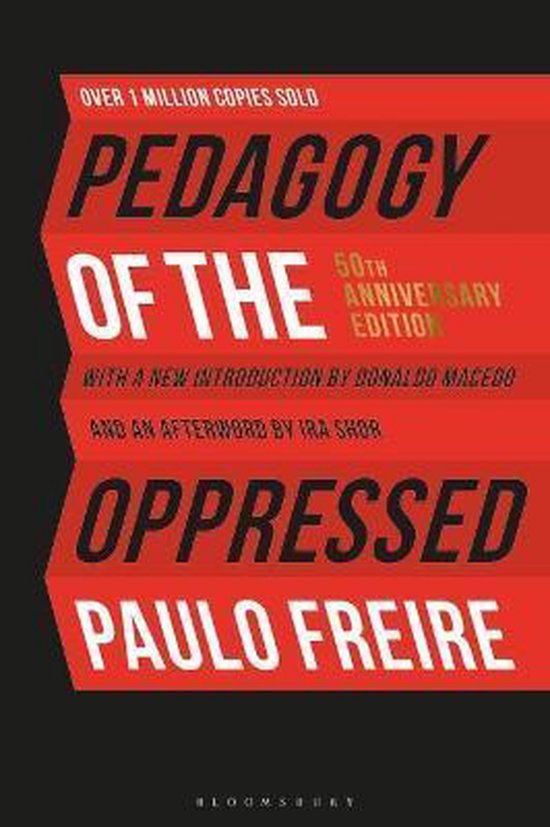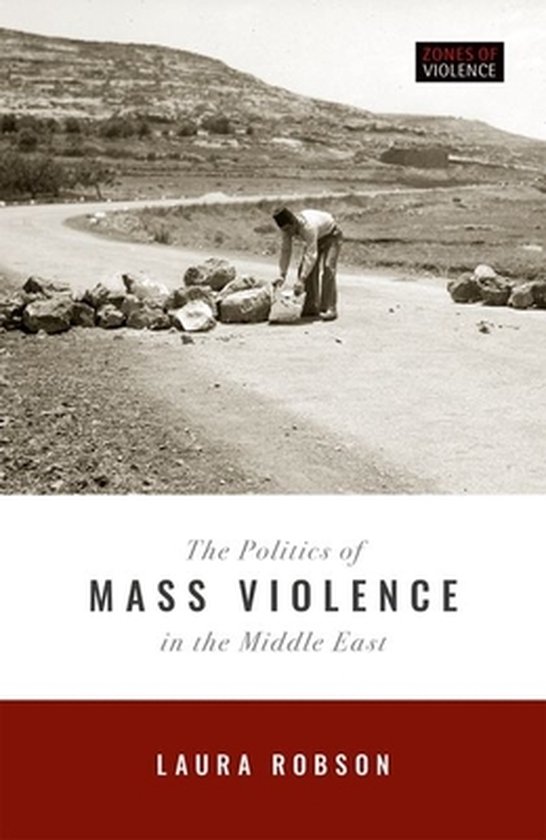
Politics Of Mass ViolenceThe Middle East
Laura Robson examines the interactions between international and regional political economies of oil and water, and the increasingly explicit colonial and postcolonial politics of ethno-national identity centered around the question of Palestine, arguing that the Middle East's emergence as a 'zone of violence' only developed over the past century.
The Middle East today is characterized by an astonishingly bloody civil war in Syria, an ever more highly racialized and militarized approach to the concept of a Jewish state in Israel and the Palestinian territories, an Iraqi state paralyzed by the emergence of class- and region-inflected sectarian identifications, a Lebanon teetering on the edge of collapse from the pressures of its huge numbers of refugees and its sect-bound political system, and the rise of a wide variety of Islamist paramilitary organizations seeking to operate outside all these states. The region's emergence as a 'zone of violence', characterized by a viciously dystopian politics of identity, is a relatively recent phenomenon, developing only over the past century; but despite these shallow historical roots, the mass violence and dispossession now characterizing Syria, Lebanon, Israel/Palestine, and Iraq have emerged as some of the twenty-first century's most intractable problems. In this study, Laura Robson uses a framework of mass violence - encompassing the concepts of genocide, ethnic cleansing, forced migration, appropriation of resources, mass deportation, and forcible denationalization - to explain the emergence of a dystopian politics of identity across the Eastern Mediterranean in the modern era and to illuminate the contemporary breakdown of the state from Syria to Iraq to Israel.
The Middle East today is characterized by an astonishingly bloody civil war in Syria, an ever more highly racialized and militarized approach to the concept of a Jewish state in Israel and the Palestinian territories, an Iraqi state paralyzed by the emergence of class- and region-inflected sectarian identifications, a Lebanon teetering on the edge of collapse from the pressures of its huge numbers of refugees and its sect-bound political system, and the rise of a wide variety of Islamist paramilitary organizations seeking to operate outside all these states. The region's emergence as a 'zone of violence', characterized by a viciously dystopian politics of identity, is a relatively recent phenomenon, developing only over the past century; but despite these shallow historical roots, the mass violence and dispossession now characterizing Syria, Lebanon, Israel/Palestine, and Iraq have emerged as some of the twenty-first century's most intractable problems. In this study, Laura Robson uses a framework of mass violence - encompassing the concepts of genocide, ethnic cleansing, forced migration, appropriation of resources, mass deportation, and forcible denationalization - to explain the emergence of a dystopian politics of identity across the Eastern Mediterranean in the modern era and to illuminate the contemporary breakdown of the state from Syria to Iraq to Israel.
| Auteur | | Laura Robson |
| Taal | | Engels |
| Type | | Hardcover |
| Categorie | | Mens & Maatschappij |
